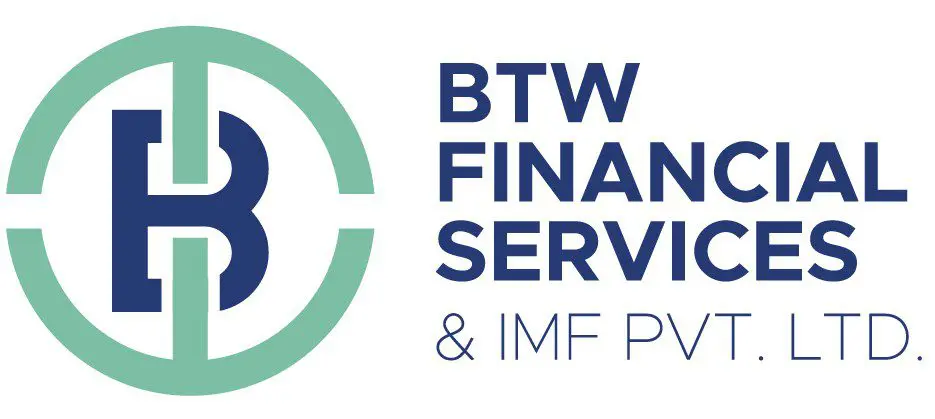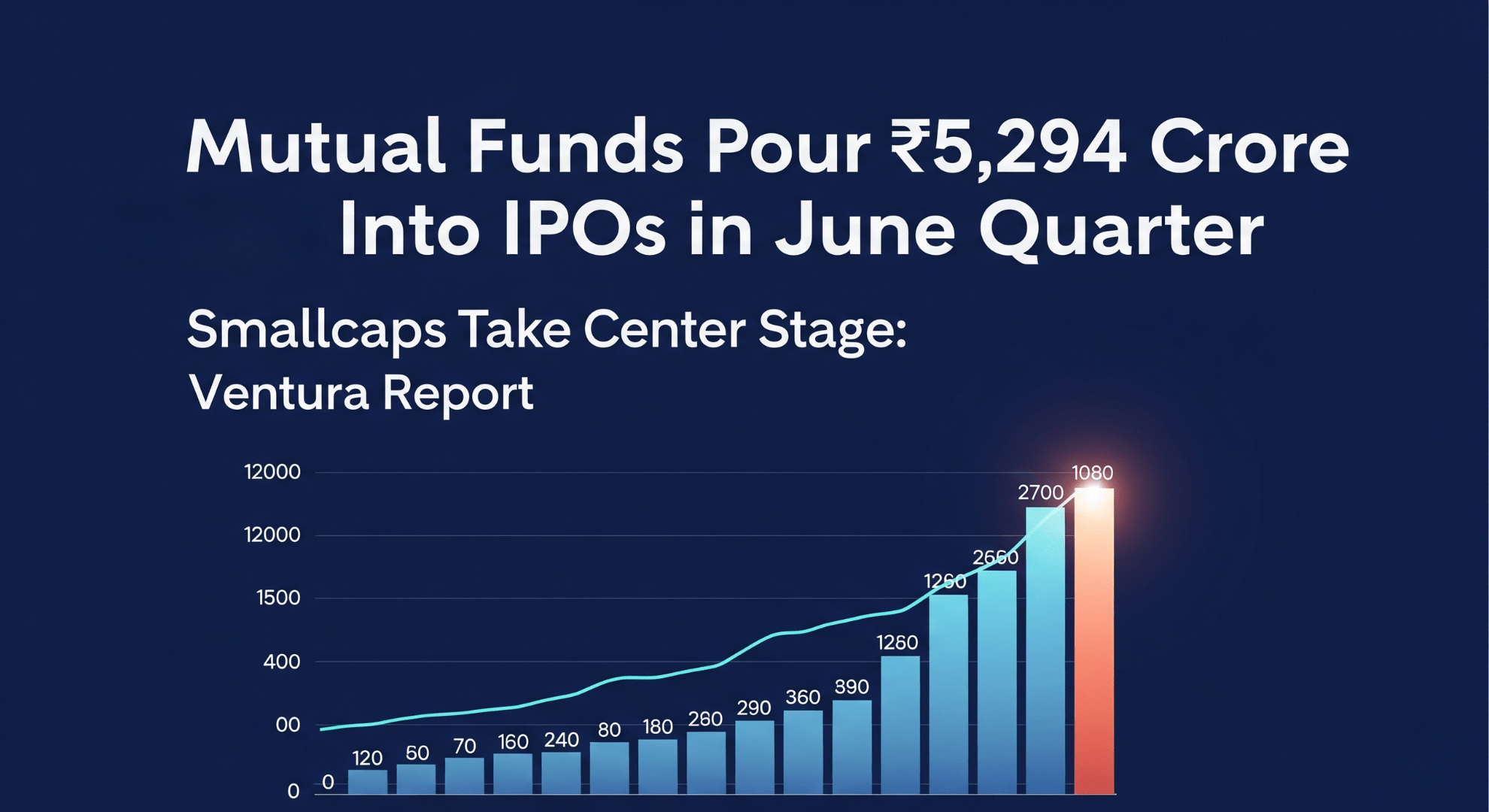
Health insurance is one of the few financial products that offers dual benefits — protection against unexpected medical expenses and attractive tax savings under Section 80D of the Income Tax Act. With rising healthcare costs, a well-chosen health policy can secure your family’s well-being while reducing your tax liability by up to ₹1,00,000 annually. This blog explains how the deduction works, what qualifies, and how you can maximise your benefits.
Table of Contents
- Why Health Insurance is More Than Medical Cover
- Understanding Section 80D: The Tax Advantage
- How Much Can You Save?
- What Qualifies for the Deduction
- Why It’s a Win-Win Investment
- Common Mistakes to Avoid
- How BTW IMF Can Help You Choose the Right Plan
- FAQs
Why Health Insurance is More Than Medical Cover
Most people buy health insurance for its core benefit — covering hospitalisation, surgery, and other medical expenses. But in India, health insurance offers an additional perk: it reduces your taxable income under Section 80D. This means that while you protect yourself and your loved ones from unforeseen health expenses, you also get to save on taxes every year — making it a double advantage for smart financial planning.
Understanding Section 80D: The Tax Advantage
Section 80D of the Income Tax Act allows you to claim deductions for premiums paid towards health insurance. This applies whether you are insuring yourself, your family, or your parents.
Unlike some deductions that are linked to specific investments, Section 80D benefits are available simply by paying your health insurance premium, making it one of the most accessible tax-saving tools.
How Much Can You Save?
Here’s the breakdown of deductions:
- ₹25,000 – For premiums paid for self, spouse, and dependent children.
- Additional ₹25,000 – For insuring parents below 60 years.
- ₹50,000 – If parents are senior citizens (60 years or above).
Maximum possible deduction: ₹1,00,000 (if you insure yourself, your family, and senior citizen parents). This benefit applies each year you pay the premium, meaning consistent long-term savings.
What Qualifies for the Deduction
Eligible for Deduction:
- Premiums for health insurance policies.
- Top-up or super top-up plans.
- Critical illness or personal accident insurance.
Not Eligible:
- Cash payments (premiums must be paid via cheque, online transfer, or card).
Why It’s a Win-Win Investment
A health insurance plan helps you:
- Shield against rising healthcare costs – Medical inflation in India is high, and treatment costs can be financially draining without cover.
- Legally reduce tax liability – Save while complying with income tax rules.
- Enjoy long-term benefits – The earlier you start, the more years of tax benefits you enjoy.
Common Mistakes to Avoid
- Delaying purchase until later in life – Premiums are lower when you buy early.
- Opting for inadequate cover – Medical bills can exceed your coverage; choose wisely.
- Paying in cash – This disqualifies you from claiming the Section 80D deduction.
How BTW IMF Can Help You Choose the Right Plan
BTW Financial Services & IMF Pvt. Ltd. helps you:
- Select the right sum insured based on family needs.
- Choose policies that maximise Section 80D benefits.
- Avoid hidden clauses and ensure smooth claim processing.
FAQ’s
1: Can I claim tax benefits on health insurance premiums for my parents?
Yes. You can claim up to ₹25,000 if they are below 60, and ₹50,000 if they are senior citizens.
2: Does Section 80D apply to top-up and super top-up plans?
Yes, provided the premiums are paid via non-cash modes.
3: What is the maximum deduction I can claim under Section 80D?
Up to ₹1,00,000 if you insure yourself, your family, and senior citizen parents.
4: Can I claim tax benefits if I pay my premium in cash?
No. Payments must be made via cheque, debit card, credit card, or net banking.
5: Is health insurance mandatory for tax benefits?
Yes, you must have an active policy to claim Section 80D deductions.






